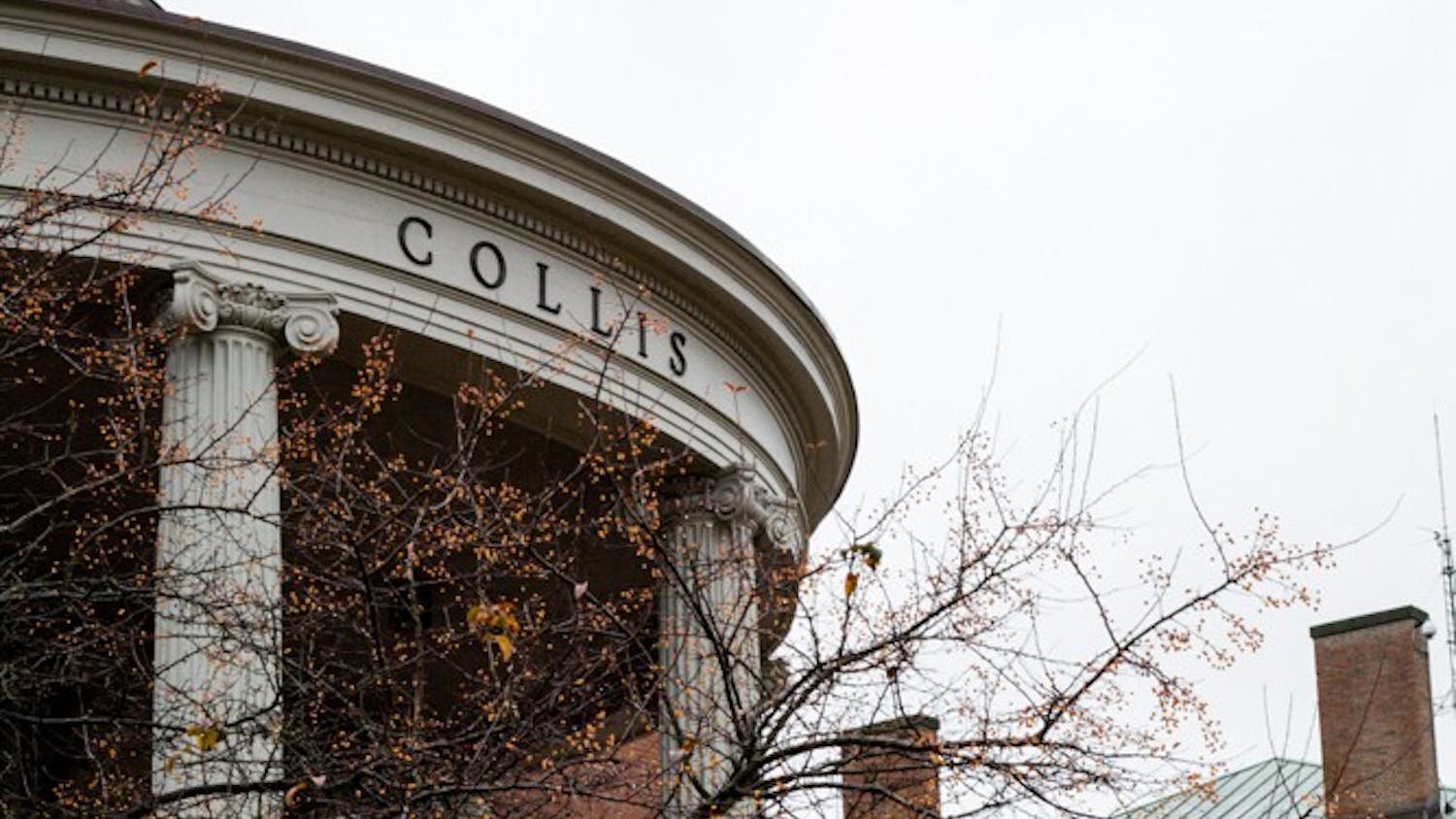Some students think receiving an academic citation is a distinction out of their reach.
However, earning the recognition is not as rare as it may seem.
Registrar Thomas Bickel said between 230 and 260 students receive citations during the Fall, Winter and Spring terms.
Each graduating class averages a little less than one citation per student, Bickel said.
But the statistics can be deceiving. Many students receive more than one citation, while Bickel estimated that 50 percent of the students who graduate earn none.
"I've seen students with five or six -- that's pretty uncommon, but it does happen," Bickel said.
"It's a sign of an exceptional student, usually, and if you're exceptional in one class, you may well show that quality in another one," he added.
Citation-winning projects
Adam Weinstein '98 has earned four citations during his career at the College, for Physics 3 and 4, Molecular Biology and Twentieth Century Music.
Weinstein said he did not aim for citations, but he received them in areas that particularly interested him. The citations were based on his high grades in the classes, along with his work on special projects for Physics 3 and 4, and a final paper he wrote for Twentieth Century Music.
"I did the physics project because it was basically do the project or take a cumulative exam, and I thought it would be fun to do the project," he said.
Twentieth Century Music "was probably one of my favorite classes here so far, so I guess I did well," he said.
For the class, Weinstein wrote a paper about the specifics of a composer's style by focusing on one piece of music.
"Then I observed his artistic development through the years by comparing two pieces, one when he started his career and one toward the end," he said.
Many professors decide to give students citations based on papers and projects they complete for the class, rather than simply for extremely high grades.
Anthropology Professor Deborah Nichols said she rarely gives citations. "I think it has usually been for an exceptional paper in the class that was unusually original or where the research was notable," she said.
Lisa Bianchi '00 earned a citation for her work in Humanities 2.
Students had to write a paper involving all of the books they had read in the course.
Bianchi did a take-off on Plato's "Symposium," and wrote "The Humanitasium," in which she had all of Plato's characters discuss the other assigned books.
"I made it much more intricate than the assignment actually called for," Bianchi said.
Physics and Astronomy Professor John Kidder remembered one student he recognized for finding a mistake in a textbook.
The student noticed that the numbers in the problem were illogical. He worked out the problem and wrote to the publisher to point it out.
"It wasn't an intellectual breakthrough, but I thought it was worth mentioning," Kidder said.
Kidder also remembered a student who completed a project for a course he taught on light and color.
"She did a pair of paintings of the Baker Tower, and they were done in two different styles," he said. "The student illustrated very well one of the main themes of the course."
One student, who wished to remain anonymous, received a citation in Chemistry 5 for earning a 102 average in the class.
She also became fairly well-acquainted with the professor , as she attended his office hours once or twice per week to ask him questions.
Beyond grades
While professors mostly give citations to students who earn As in their classes, some said a high grade is not necessarily a requirement.
Computer Science Professor Daniela Rus said she might give citations to students who improve dramatically during a term.
"If you fail the first assignment, work hard and then get one of the best scores on the final, your aggregated grade may not be a solid A, but I always like to acknowledge the fact that a person has improved so much," she said.
Sometimes a student receives a citation if he or she does poorly in a class, but a problem during the term has affected the student's performance.
"The student might have gotten a lower grade because of some circumstance, but that doesn't happen very often," Engineering Professor Alvin Converse said.
Earning citations can help students both during and following their careers at the College.
"I try to recruit a lot of these people to do research with me, so I get to know them more and we end up working more closely," Rus said.
The anonymous student said her professor helped her get an internship, and she is also currently leading a Chemistry 5 study group.
When the College sends students' transcripts to prospective employers, it includes an extra sheet that gives a copy of the citation report the professors wrote about the students.
"I think they couldn't hurt," Bickel said. "But I suspect the lack of citations doesn't do any harm, because most people wouldn't realize there's any possibility of getting one."
Bickel said he is not aware of any other Ivy League school that gives citations.
He said the College likes to "give an added personal touch" to grade reports and to allow professors to be more specific about students' work.



